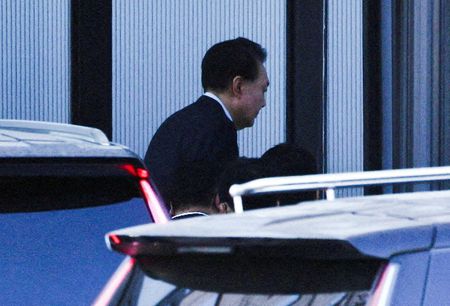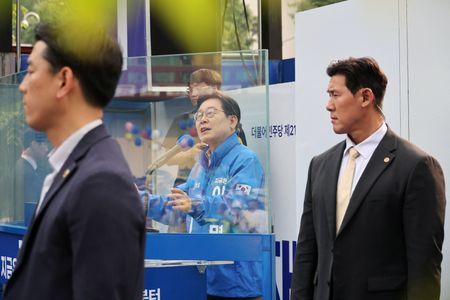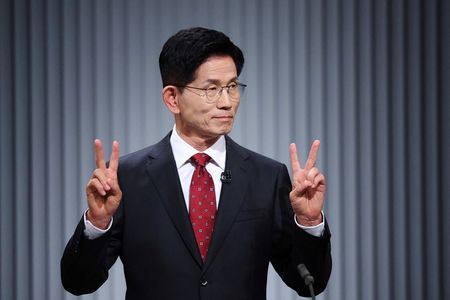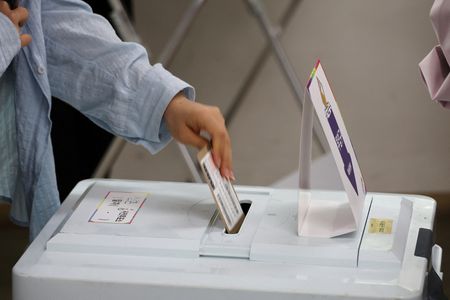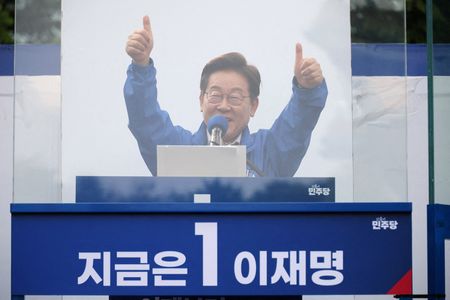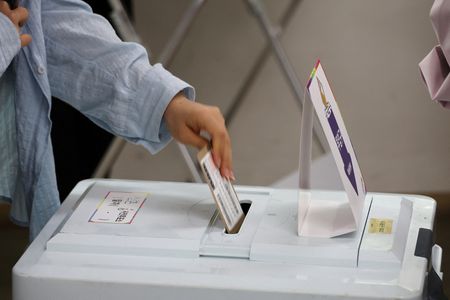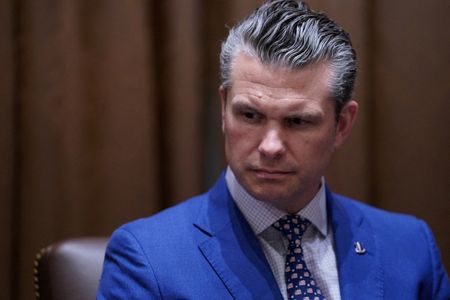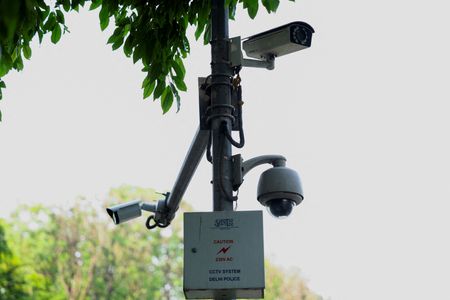SEOUL (Reuters) – South Korea’s impeached President Yoon Suk Yeol has spent his first night incarcerated as a pre-trial inmate at the Seoul Detention Centre after a court issued a formal detention warrant on Sunday to hold him for up to 20 days.
He became the first incumbent president to be arrested in South Korea last week and was detained for an initial 48 hours of questioning, over a probe into whether he committed insurrection with his bid to declare martial law on Dec. 3.
The following are some facts about the facility and what is expected to unfold for the former prosecutor-turned-president.
MUGSHOT, KHAKI SUIT
After becoming a pre-trial inmate, he had photographs taken for identification and underwent a “thorough physical inspection”, a corrections service official said.
“It doesn’t matter if you’re the president, everyone gets a photograph taken 100 percent of the time when you’re entering the facility,” said the official, who declined to be identified because he was not authorised to speak to the media.
The physical inspection is not only to check on health, but also on “whether you’re hiding something,” said the official.
Korea Correctional Service chief Shin Yong-hae told a parliament judiciary committee on Monday that Yoon had “cooperated” and the process went without any incident.
Inmates held in detention before trial such as Yoon are given a two-piece khaki-coloured uniform, while convicted inmates wear blue-grey uniforms.
Yoon “spent the night well,” Shin said.
SOLITARY JAIL CELL
After he was processed, Yoon was moved to the general detention section where he was allocated a solitary cell measuring about 12 square metres (129 square feet), Shin said. That is larger than the usual 3.4 square metre single cell.
The Seoul Detention Centre, despite its name, is in the city of Uiwang, 22 km (14 miles) south of Seoul, and previously held high-profile figures including former President Park Geun-hye and Samsung Electronics Chairman Jay Y. Lee.
As a pre-trial detainee, Yoon will rise with other inmates at 6:30 a.m. and lights out will be at 9 p.m.
2,500 CALORIES
The Korea Correctional Service, which operates the country’s prisons and detention centres, says in its regulations and menu section that it provides inmates with 2,500 calories of food per day at a cost of about 1,600 won ($1.09) per meal.
Food is normally traditional Korean fare. Dinner on Wednesday when Yoon spent the first night there under arrest was bean sprout soup, barbecued beef and kimchi, according to information provided by the centre.
Breakfast details for Monday were not immediately available.
TWENTY DAYS, SIX MONTHS
Yoon was arrested last week under a warrant that allowed authorities to hold him for up to 48 hours, issued by a court when the suspect in a criminal case refuses to answer summons or cooperate.
Under South Korean law, detention is a separate process where investigators can hold a suspect for up to 20 days, for further questioning if deciding there are grounds to believe a suspect may try to tamper with evidence or witnesses or is a flight risk.
If an indictment is brought, the detention can last for another six months.
The criminal investigation against Yoon is led by the Corruption Investigation Office for High-ranking Officials (CIO) launched in 2021 to investigate high-ranking officials including the president and their family members.
But it does not have the authority to prosecute the president and must refer any case to the prosecutors’ office for further action.
Yoon has up to now refused to answer questions from the CIO and his lawyers have argued the arrest is illegal because the warrant was issued in the wrong jurisdiction and the investigating team had no mandate for their probe.
Insurrection, the crime that Yoon may be charged with, is one of the few that a South Korean president does not have immunity from and is technically punishable by death. South Korea, however, has not executed anyone in nearly 30 years.
(Reporting by Jack Kim, Joyce Lee, Ju-min Park; Editing by Ed Davies and Saad Sayeed)

